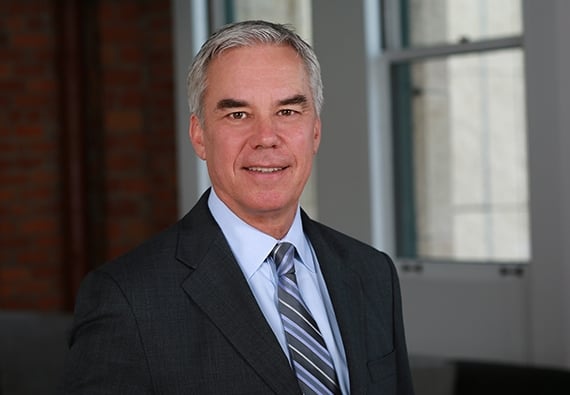California Supreme Court Protects Supervisors From Retaliation Liability
This week, the California Supreme Court held that individual managers may not be held personally liable for retaliation under the California Fair Employment and Housing Act (FEHA). In Jones v. The Lodge at Torrey Pines Partnership, No. S151022 (Mar. 3, 2008), plaintiff Scott Jones had sued his supervisor, Jean Weiss, and his employer, The Lodge at Torrey Pines, alleging that he had been subjected to sexual orientation harassment. Jones also claimed that after he complained about the harassment, Weiss retaliated against him by excluding him from meetings and company events, issuing unwarranted written reprimands, and eventually forcing his resignation.
At trial, the case went to the jury with two causes of action: a claim for sexual orientation discrimination against The Lodge, and a claim for retaliation against The Lodge and also against Weiss, as an individual. The jury awarded Jones $1,395,000 against The Lodge and $155,000 against Weiss personally. The trial judge overturned the verdict, in part on the ground that an individual defendant - Weiss - could not be liable for retaliation under FEHA. The California Court of Appeal, however, reinstated the jury's verdict by ruling that FEHA did provide liability against individual supervisors for retaliation. The Court of Appeal recognized established case law holding that individual supervisors could not be liable for alleged discrimination under the FEHA but found that the FEHA retaliation statute was differently worded in a manner that appeared to authorize individual supervisory liability.
In a contentious, 4-3 opinion, the California Supreme Court majority rejected this distinction. The Supreme Court reasoned that the same restrictions that had protected individual supervisors from liability for discrimination claims should also apply to retaliation claims. The majority barred personal liability because such retaliation claims against individual supervisors "arise out of the performance of necessary personnel management duties." Therefore, the court reasoned, allowing personal liability would create a conflict of interest for supervisors, who would have to face making a personnel decision that might be best for the company but could create personal risk for them in the form of a retaliation claim. The court also cited the difficulty in determining which supervisor was responsible for the alleged retaliation, because many personnel decisions are made by several people. The court held that these reasons "apply equally" if not "even more forcefully" to retaliation claims than to discrimination claims. The majority saw no reason the California Legislature would make individual supervisors personally liable for retaliation but not for discrimination, and found no support for such a distinction in the legislative history of the statute. In any case, the court noted, individual supervisors are unlikely to be able to pay plaintiffs large judgments.
Employers and employees should remember that individual employees (whether or not supervisory) remain liable for workplace harassment. Supervisors may now, however, make employment decisions without fear of personal liability for either discrimination or retaliation. The risk of such liability is limited to the employing entity, which is able to institute appropriate human resources and legal safeguards.


